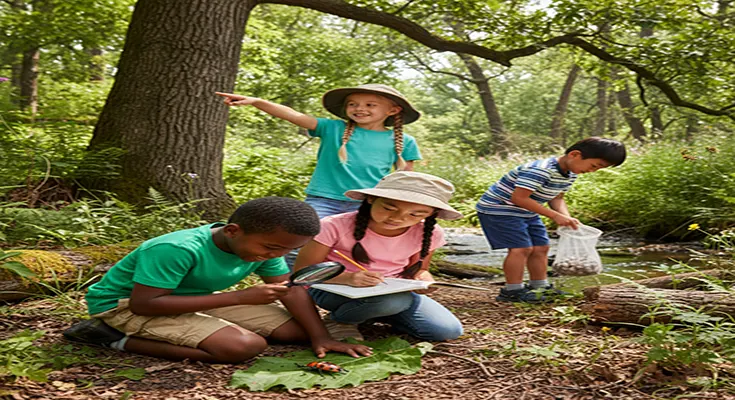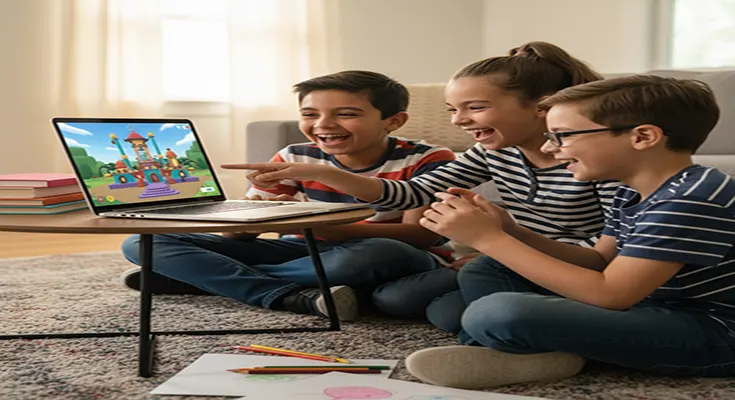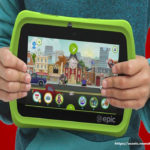Wild Classrooms: Fun Outdoor Activities for Kids to Learn About Nature and Ecology
In a world increasingly dominated by screens, the greatest classroom for children remains the great outdoors. Engaging in outdoor activities for kids is not just about fun and fresh air; it’s a powerful and practical way to ignite a lifelong passion for nature and ecology. By stepping outside, children can transform abstract concepts into tangible, exciting discoveries.
Here are several hands-on, educational outdoor activities that turn every backyard, park, or trail into a living, breathing laboratory.
1. The Nature Scavenger Hunt: Sharpening Observation Skills
A scavenger hunt is one of the simplest yet most effective ways to encourage active observation. Instead of just listing common objects, focus the hunt on ecological themes:
- Colors & Textures Hunt: Challenge kids to find items that are smooth, rough, bumpy, vibrant red, or dull green.This teaches them to distinguish between living and non-living elements and to appreciate the diversity of natural materials.
- Decomposition Detectives: Ask them to find a leaf that is freshly fallen, partially eaten by an insect, and mostly decomposed. This is a perfect introduction to the concept of life cycles and the role of decomposers in an ecosystem.
- The Biotic & Abiotic











